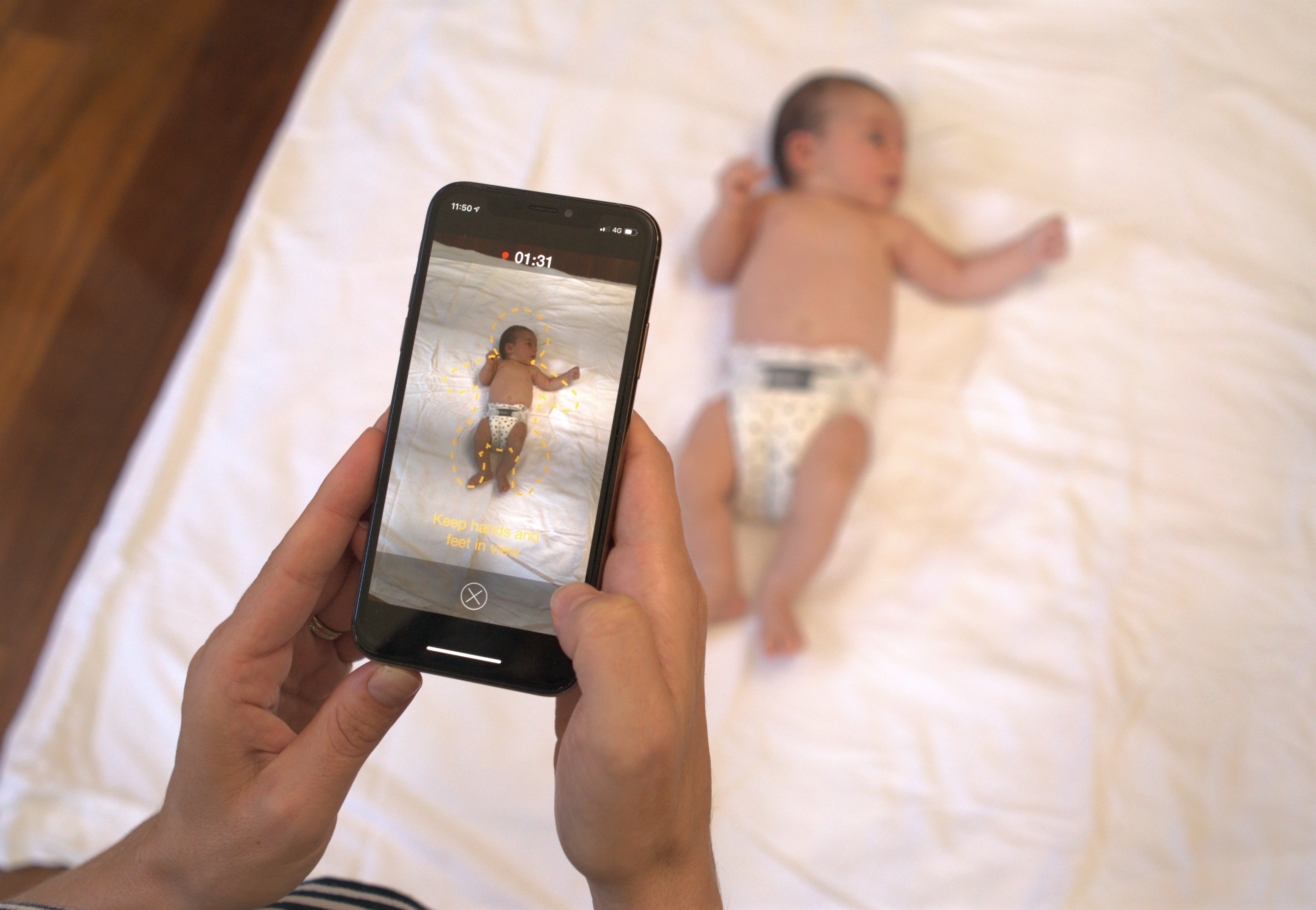Search

News & Events
ORIGINS Biobank Manager is inspiring women and girlsMeet Dr Nina D’Vaz, ORIGINS Biobank Manager who recently featured in The Kids Research Institute Australia's social media celebration of International Women and Girls in Science Day.
Get in Touch Dropping off a sample or attending a Kids Check appointment? Visit us at our Edgewater clinic. The Kids Joondalup Shop 51, Joondalup

Does eating cashew nut spreads in the first year of life reduce the chances a baby will develop a cashew nut food allergy?

Investigating school readiness in ORIGINS' five-year-olds

Reviewing the development and wellbeing of children, prior to them commencing kindergarten

Strengths-based, tiered, accessible, resources and supports (STARS) for Kids for parent, carers and their children.

Nutrition in preschool children with autistic behaviours.

Spanning across 15 countries, this study is exploring how breastmilk supports good bacteria in the infant gut and how this relationship programs the developing immune system.

Can baby’s early movements predict learning difficulties later in childhood?

ORIGINS sub-projects that are currently inactive
